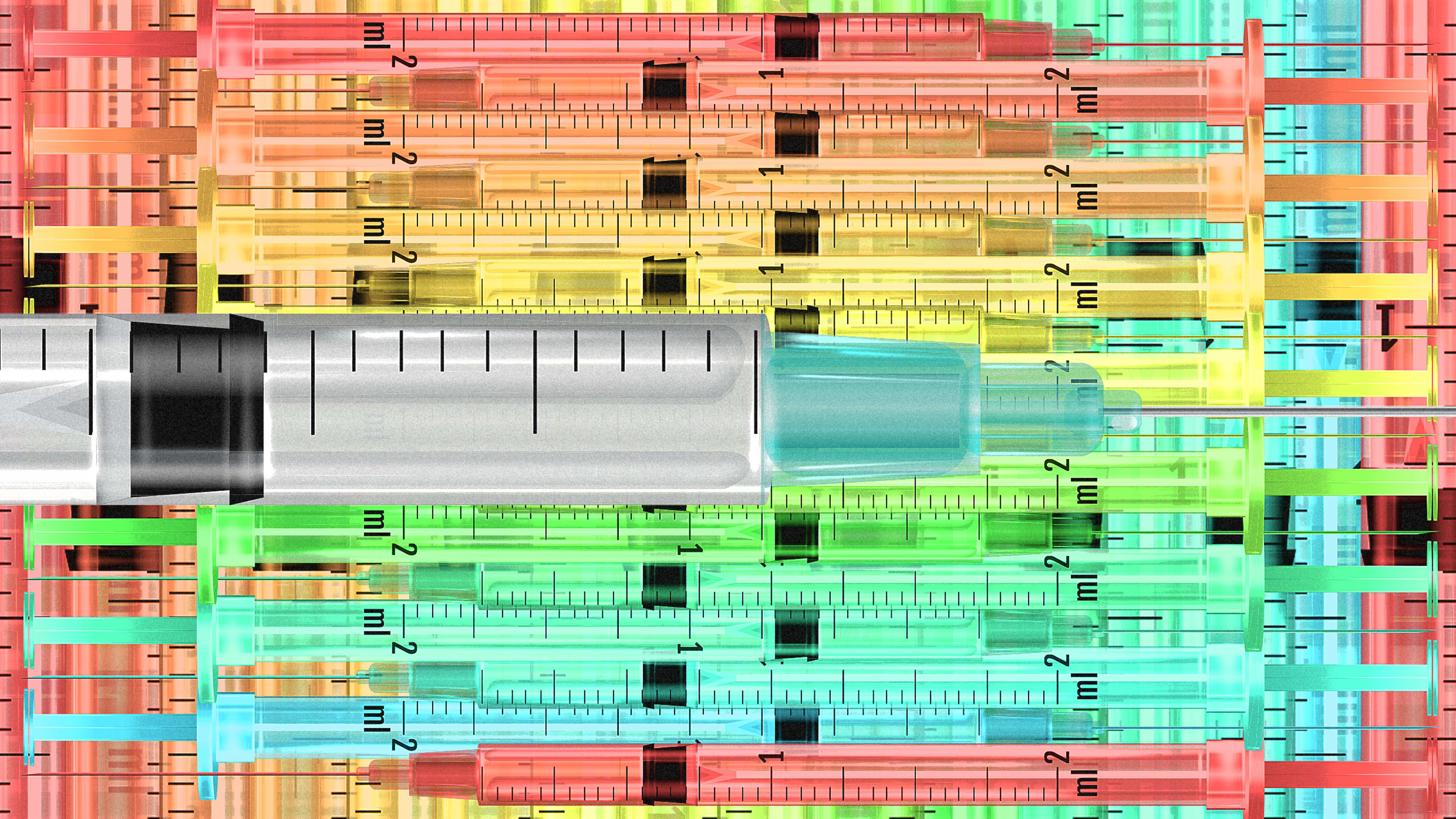At least 10 COVID-19 vaccines are currently in the final phase of their trials, where the vaccine is given to thousands of people to test its safety and efficacy. But as the quest for a coronavirus vaccine continues, experts say there’s still an issue with how diverse these trials are, which could impact how effective a vaccine is for everyone.
Months into the pandemic, it’s become clear that COVID-19 is disproportionately impacting people of color. Black Americans are infected with COVID-19 at nearly three times the rate of white Americans, according to an August report based on Johns Hopkins University data, and Black and brown Americans are also dying at higher rates than white Americans.
“We have communities of color that are really devastatingly affected by the virus, and we want a vaccine that works for all people,” says Paulette Chandler, a primary care physician and lead of community engagement and education for COVID-19 vaccine trials at Boston’s Brigham and Women’s Hospital. “Unless we have a diverse group of people involved in the trial, we will not be able to generalize our findings to every group.”
Moderna’s Phase 3 trial, which has 25,000 participants enrolled, is 51% white, according to its most recent weekly enrollment trend data, and only 13% Black, 27% Hispanic or Latino, and less than 5% American Indian. Black participants make up 8% of Pfizer’s trial, which has enrolled nearly 32,000 people and is being conducted across four studies. For Pfizer’s U.S. trial sites only, Hispanic or Latino people make up 12% of participants, and Native Americans 0.6%. Many other trials are not reporting their diversity statistics at all.
Ideally, clinical trial populations should mirror the general population, Chandler says, but she adds that COVID-19 trials should strive for as much diversity as possible. “If we can get even more, that’s even better, because Black and Latinx and Native Americans are disproportionately affected,” she says. “The mortality rate for Black [Americans] is almost 26%, versus they only represent about 13% of the U.S. population, so we want them to represent more than 13% of the trial.”
Diversity in clinical trials had long been an issue before COVID-19. According to 2011 FDA data, when Black Americans made up 12% and Hispanics 16% of the U.S. population, they only comprised 5% and 1% of trial participants respectively. Diversity needs to go beyond race and ethnicity as well, to include factors such as obesity or preexisting conditions such as heart disease.
Chandler understands why some people may be more hesitant to volunteer for a clinical trial. There’s a history of unethical medical research, for one. Signing up for a clinical trial also inherently comes with possible health risks, which everyone, reasonably, may not want to take. “That’s where we have to think, ‘Okay, how do we make trials designed in such a way that people can be involved in an altruistic way, yet have some padding should something happen?'” Chandler says. Communities disproportionately affected by COVID-19 should have a return on investment for that individual participation in a trial, beyond access to a safe and efficacious vaccine, she adds, and the companies that are developing vaccines should also be investing in the communities that they are targeting for enrollment.
There are efforts to improve COVID-19 trial diversity. The presidents of Dillard and Xavier Universities, two HBCUs, recently announced they were participating in Ochsner Medical System’s COVID-19 vaccine trial and said they hoped to encourage more Black Americans to volunteer. “It is of the utmost importance that a significant number of black and brown subjects participate so that the effectiveness of these vaccines be understood across the many diverse populations that comprise these United States,” they wrote in a joint letter. Multiple Black ministers have also urged their congregations to become involved, and groups such as the Boston Black COVID-19 Coalition have worked to get their community members to participate in trials.
And there’s still time to do so, Chandler notes. We need more than one COVID-19 vaccine, and 26 are still in their first phase, according to the New York Times coronavirus vaccine tracker. Chandler encourages people of color who are seeking more information on trials to go to the Coronavirus Prevention Network website, where individuals can register for a nationwide trial network and get information about clinical trials in their state.
Recognize your brand’s excellence by applying to this year’s Brands That Matter Awards before the early-rate deadline, May 3.
